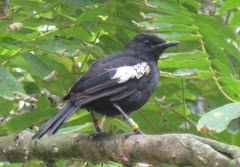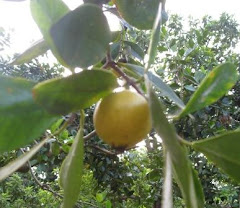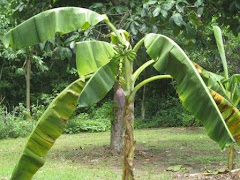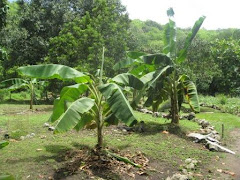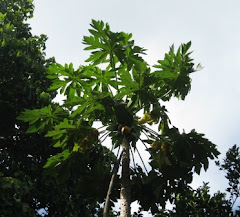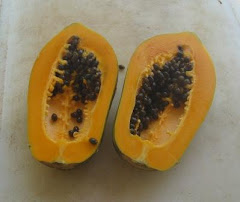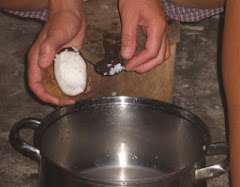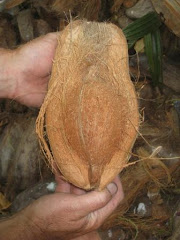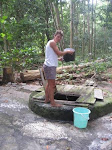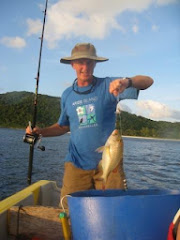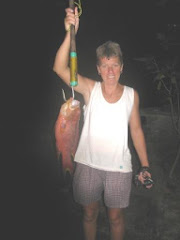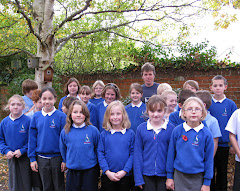It will be a lot healthier: 
- No junk food
- No chocolate or sweets
- Healthy diet, with a lot of fish and fruit to eat
- To be at one with nature and see lots of wildlife
- Live next to the sea and be able to go swimming
It will be more sustainable, but life will be harder:
- No electric – so no television

- No running water and no showers
- Living in a wooden hut with no proper house
- Nature coming into the hut
- Not having normal luxuries, like an English cup of tea
- Have to make camp fires to cook food
- No shops on the island
What might the problems be?
- Keeping in touch with family and friends could be difficult
- Big spiders and biting insects

- Poisonous plants
- Hard work
- Have to make your own entertainment, so might get bored
- Catching enough fish and growing enough vegetables to eat
- Getting sun burnt
- Not having fresh, running water
- No normal morning and afternoon routines
- Smelly toilets
Would the children swop places – how might they feel?
- Would be sad to leave family, friends and pets, may feel homesick
- Lonely as not many people on the island
- Excited, happy, nervous and worried
- Would enjoy the warm weather
- Would miss chocolate, junk food and television
- Would feel out of touch, without television & news papers



